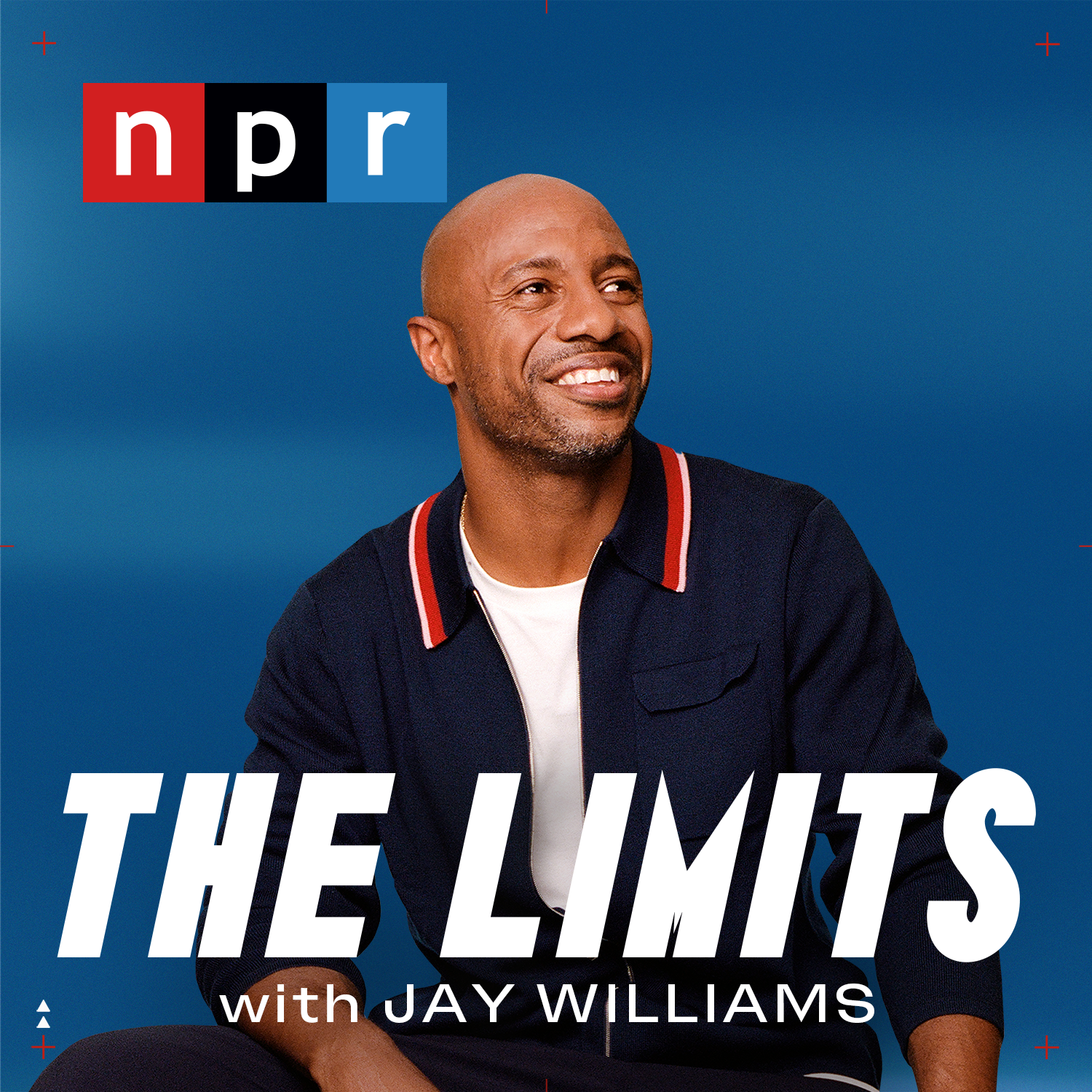Sports Legend Jay Williams Explores New Territory in NPR Podcast

There was a common response when I told friends that I was going to speak with Jay Williams about his new NPR podcast, The Limits with Jay Williams. "The guy who had the motorcycle accident?" they asked.
Williams will forever be associated with that tragic event in June 2003. After that, his NBA career started to end. He had earned a reputation earlier on, when he led Duke University to a NCAA National Championship and won that season's Naismith and John R. Wooden awards as the nation's top player. After the accident, Williams put his mind, body and soul into returning to the court, but the injuries limited his ability to perform as an elite athlete. He struggled through bouts of addiction and attempted suicide.
Now, nearly 19 years later, he is a top ESPN analyst. He's also an accomplished author, business owner, investor and -- as of this past January -- host of his new podcast.
In The Limits with Jay Williamshe doesn't hide his difficult journey, but instead uses his personal experiences to help others. The episodes focus on other stories of reinvention, overcoming unforeseen obstacles -- and how those successes mean so much more than wealth and stardom.
"If the accident never happened, there's no way in hell I am the father I am today," Williams told me. "I wouldn't be close to the man I am today. I'm so much more."
Williams explained how his focus at ESPN differs from what he's doing on the NPR podcast. "My platform on ESPN allows me to continue to develop sensitivities around how we speak about the athlete in today's world," he said. That involves understanding "the complexity of the situation and who a person is and how they're going about their business. In sports, interpersonal skills are always on display. Through the podcast, I translate those principles to everyday business principles and [how] mastery of those skills makes successful executives."
From an early age Williams had a special vantage point into the business. In fact, his parents saw his potential in much wider terms than athletics. They prioritized education. (Williams graduated from Duke in three years!) And his father was an executive at American Express. Even before Williams came out second overall in the 2002 NBA draft, he and his dad met with accomplished business leaders. Among them was AmEx CEO Ken Chenault. "When I was in college, we'd invite different CEOs, VCs or hedge fund founders to games and pick their brains about what I want to do with my brand and the leverage I would have," he recalled.
Those conversations nurtured Williams' insatiable curiosity, and he realized early on that he wanted and needed to be CEO of his own brand and his own ventures.
In addition to his work in front of the camera or behind a microphone, Williams is an author and the CEO for the Rising Stars Youth Foundation. He's a member of several boards including the John Wooden Awards Committee and USA Basketball. And he was featured in Best Shot, a docu-series distributed by YouTube and executive produced by the sports marketing businessman and media personality Maverick Carter and basketball great LeBron James.
Williams' first guest on the podcast was Carter, who opened up about battling through the stereotype of being James' childhood friend and how they built a production and entertainment company, The SpringHill Co.
His podcast guests discuss some of the challenges they've faced, such as how they once defined success -- with expectations set and limits imposed. The conversations don't shy away from difficult topics and provide an opportunity for reflection regardless of industry, expertise, or degree of experience.
Other guests have included the Dallas Mavericks owner, Shark Tank star and billionaire entrepreneur Mark Cuban, who discussed his views on cryptocurrency. Williams also featured actress Gabrielle Union, who discussed how she's had to redefine her life as a black actress, given her history of sexual assault and other challenges. Another guest was Miami Dolphins Head Coach Brian Flores, who spoke with Williams just two days after filing a racial discrimination lawsuit regarding the NFL's head coach hiring practices. In conversation with Williams, Flores talked about the implications of his move, which might be the beginning of his own reinvention.
For Williams, the choice of working with NPR was personal. "I grew up in a household in which my father had NPR on every single weekend morning," he said. "So, you can only imagine the type of conversations I had with him about social issues, about business and finance or about perspectives on international affairs.
"NPR has helped me understand what it means to be Black, to be educated, to not be stereotyped -- what it means just to be Jay Williams and recognize that's enough," he concluded.
Click the social buttons to share this content with your friends and colleagues.
The opinions and points of view expressed in this content are exclusively the views of the author and/or subject(s) and do not necessarily represent the views of MediaVillage.com/MyersBizNet, Inc. management or associated writers.


